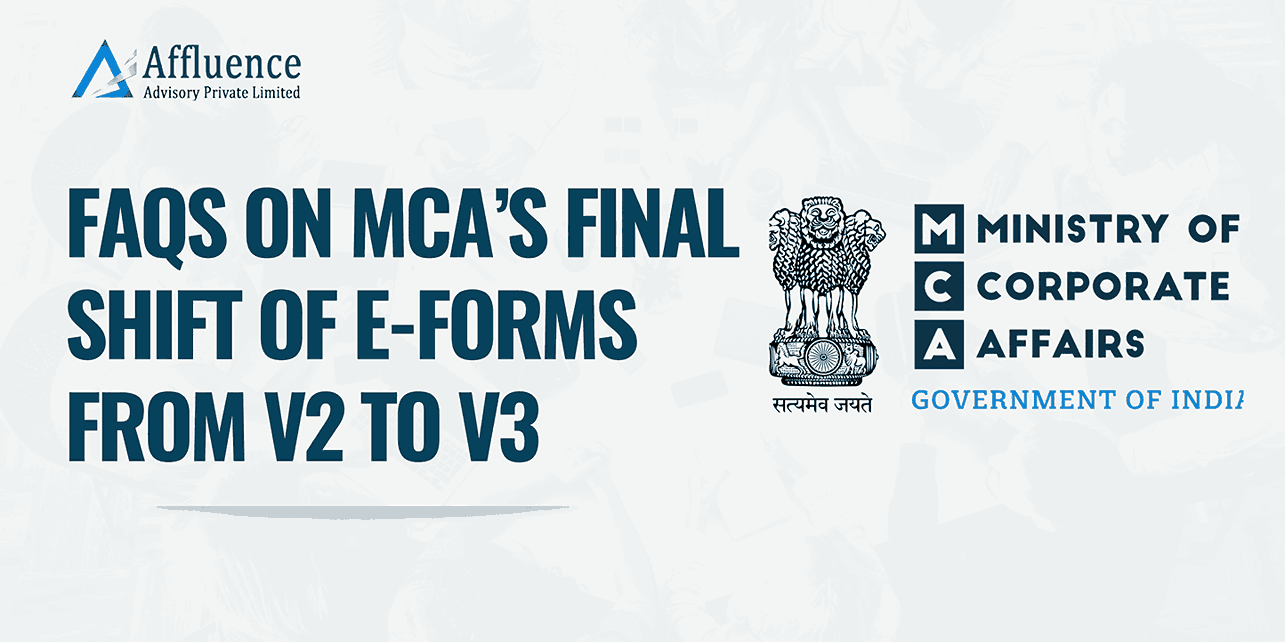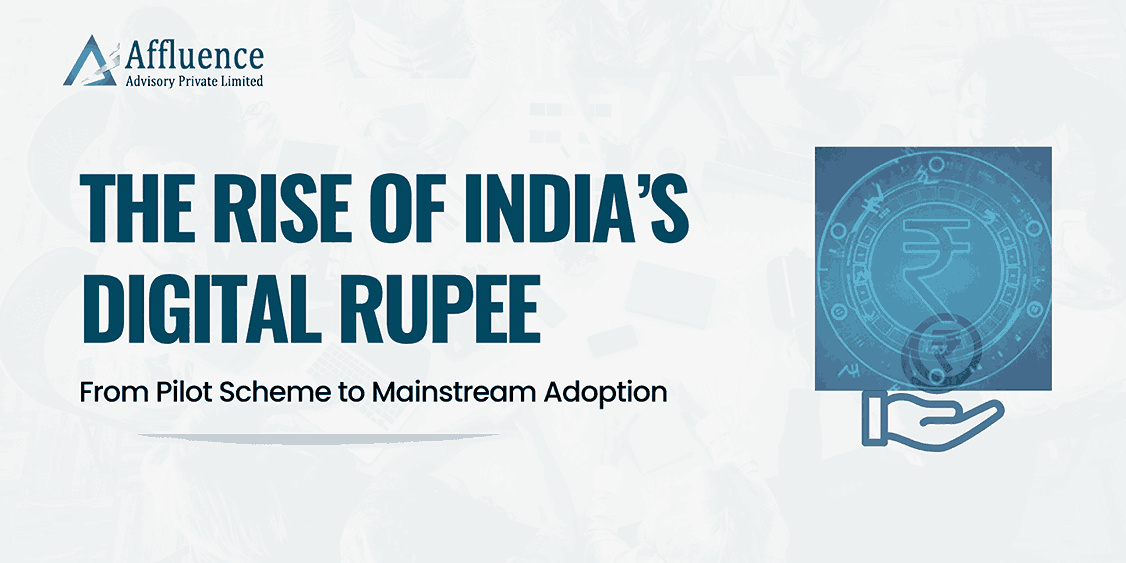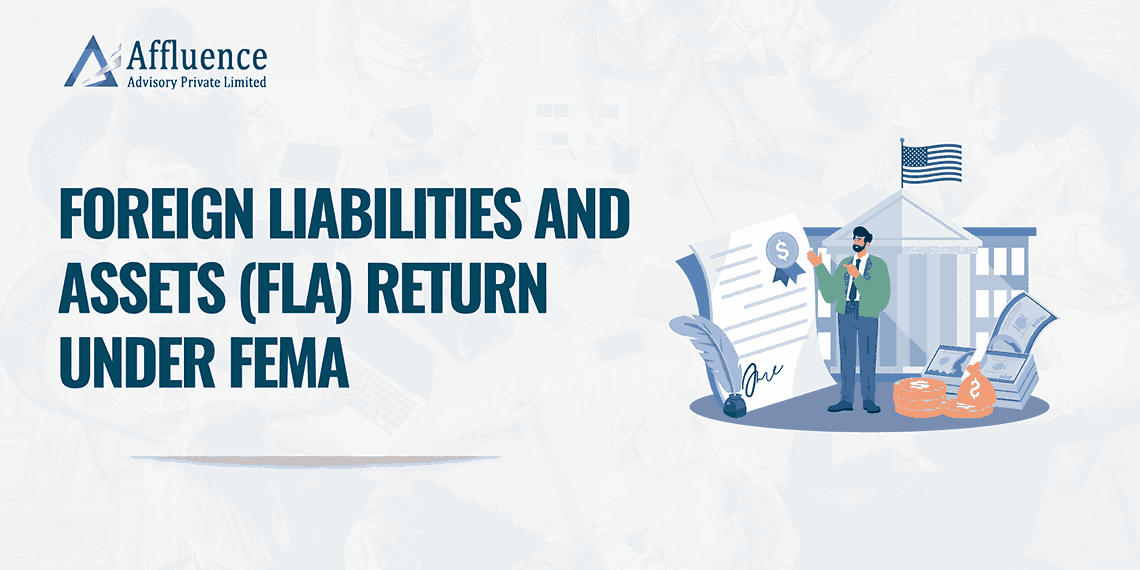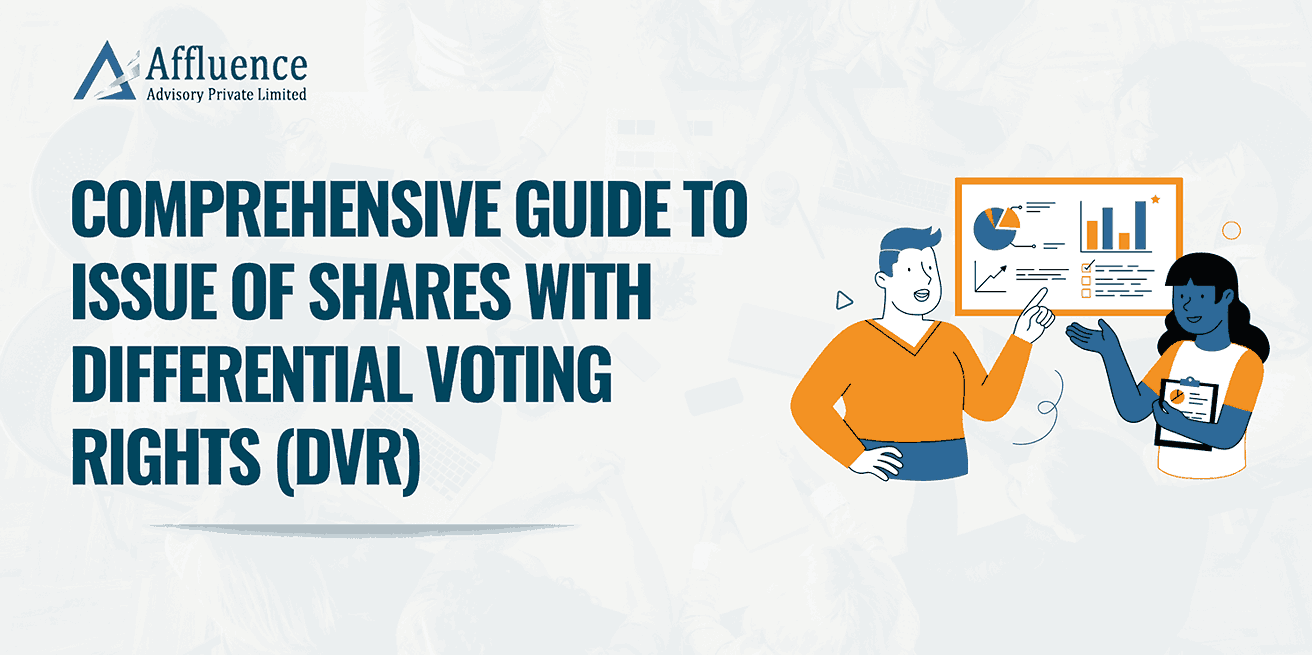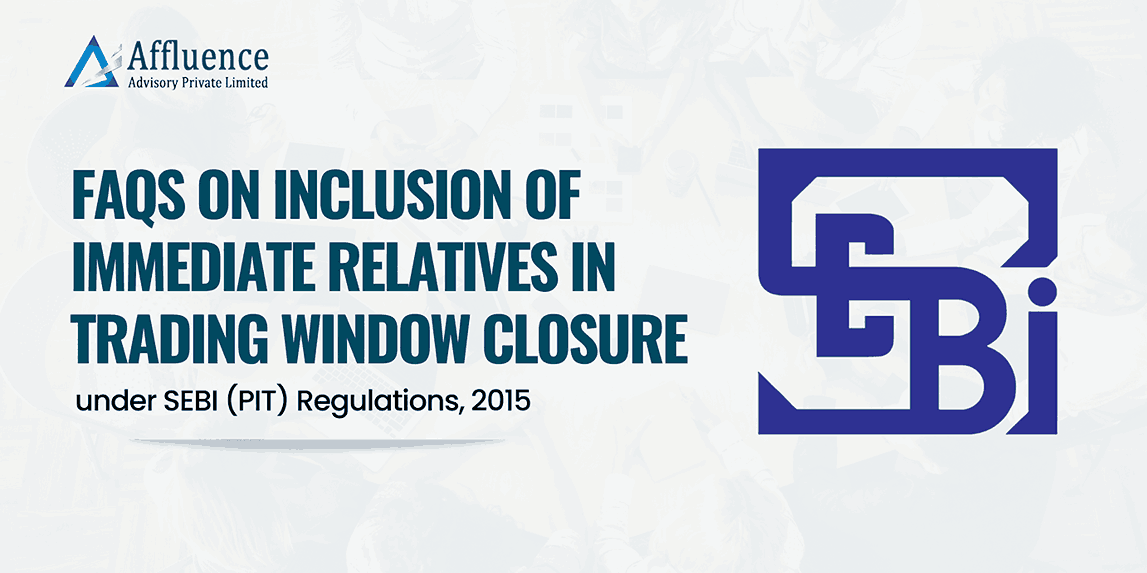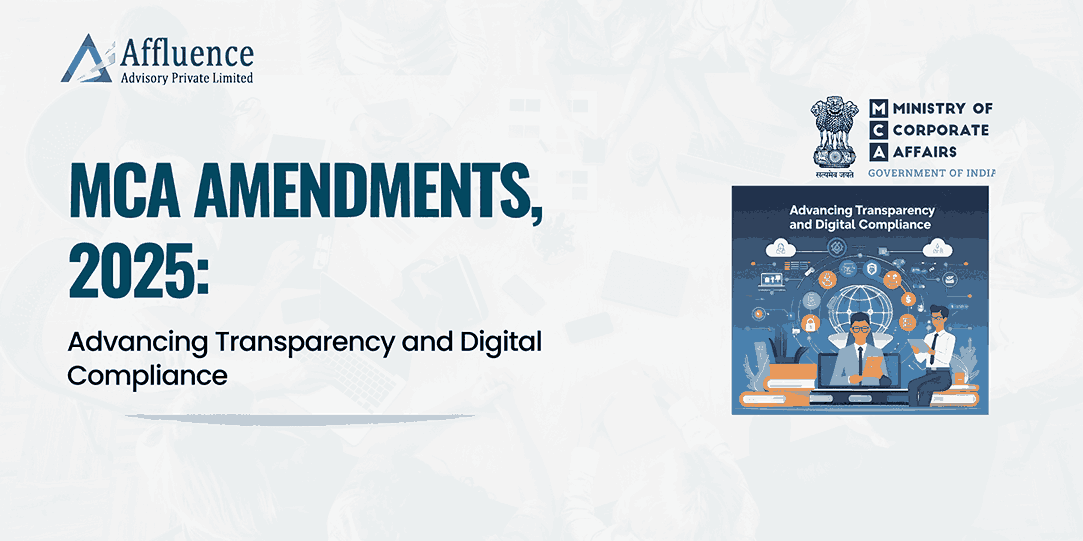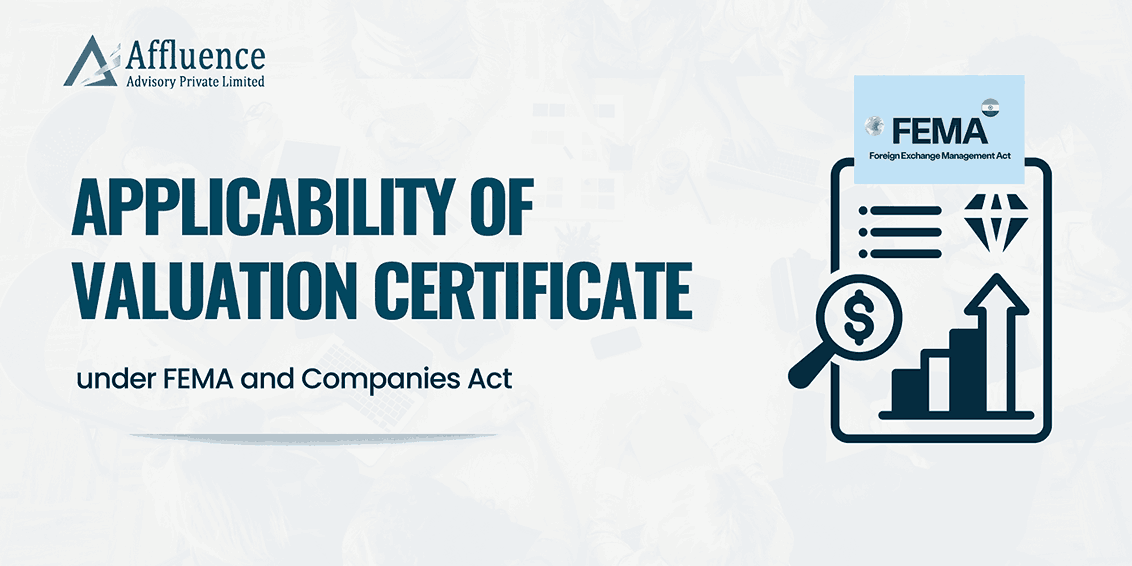Your credit score plays a significant role in your financial life and it is crucial to understand its importance.
What are Credit Bureaus or Credit Information Companies
Credit Bureaus, also known as Credit Score Information Companies are licensed to work in India under the Credit Information Companies ( Regulation ) Act, 2005 and are regulated by the Reserve Bank of India .
Credit Bureaus collect data from banks and NBFCs on loans and other credit given to individuals and companies. Based on this data, the credit bureau creates a profile of the individual/company regarding the creditworthiness, repayment track record and overall financial behavior. This helps banks and other lending institutions in deciding whether to sanction loans to the applicants.
Currently, there are four Credit Bureaus operating in India. They are Transunion Cibil Ltd, Equifax, Experian and Crif Highmark.
What is a Credit Score?
A credit Score is a 3-digit number between 300 and 900 ( depending upon the credit bureau ) which represents a customer’s credit risk. The higher the score, better is the credit profile of the customer and there is less likelihood of default. A score above 750 is considered excellent while a score between 650 to 750 is considered medium. The credit score is an important factor in banks deciding whether to sanction a loan or not.
How is the credit score calculated?
The main factors which affect the credit score are:
- Payment History – This is the most important factor which affects the credit score. Paying loan instalments and credit card bills on time helps in increasing the credit score while delays in payment of instalments will bring down the credit score.
- High Credit Utilisation – It is the ratio of the credit limit used to the credit limit sanctioned. For example, if a customer has been given a credit card with a limit of Rs. 1,00,000. At the end of the billing cycle if the outstanding balance is Rs. 30000 – 35000, it is considered good. If the outstanding balance is more than Rs. 35000, it can affect the credit score negatively.
- Type of Credit – There should be a proper mix of secured and unsecured loans. A high proportion of unsecured loans like personal loans, credit cards where the end use of funds cannot be determined is usually looked upon negatively. On the other hand, secured loans like home loans, auto loans are considered positively while calculating the credit score.
- Credit History – A longer credit history impacts the credit score positively as it gives insight into the customer’s repayment record over a longer period of time.
- Multiple Enquiries – Over a short period of time negatively affects the credit score as it signifies that the applicant is taking on more debt than he can service and this could lead to default.
What is the importance of the credit score
A good credit score has the following benefits
- It increases the probability of the loan getting sanctioned.
- A good credit score can help the customer negotiate for a lower interest rate on the loan.
- The customer gets access to a variety of pre-approved loan and credit card offers.
- There is a possibility of getting sanctions to the higher amount of loans and credit card limits.
- A good credit score can also help in getting longer repayment period for loans.
How to maintain a good credit score
The following are some of the ways to build up a good credit score
- Customers with no credit history find it difficult to get loans. In case you have not availed of any loans, then it is advisable to take a credit card with a small credit limit. Make regular and timely payments and build up your credit score gradually.
- Ensure that monthly installments on your loans/credit card bills are paid on or before the due date.
- Maintain the credit utilization ratio to below 35%
- Have a mix of both secured and unsecured loans.
- Avoid multiple or frequent enquiries.
- Keep track of the loans where you have signed up as a guarantor since a default by the borrower will also affect your credit score.
- Review your credit report regularly and check for any wrong entries. If you find any, get it resolved through the dispute redressal mechanism of the credit bureau. All the credit bureaus offer credit reports to the customer at a minimum cost.
Conclusion
A good credit score can open doors to credit and financial products with favorable terms and conditions, while a poor credit score can lead to higher interest rates and difficulty in accessing credit. By monitoring your credit reports, paying your bills on time, keeping your credit utilization low, and being selective about the credit products you apply for, you can improve your credit score over time. Remember, a good credit score not only helps you access credit but also impacts other areas of your financial life, such as renting an apartment or getting a job. So, prioritize maintaining a good credit score to ensure your financial success.
Click here to Download PDF
Disclaimer: This article provides general information existing at the time of preparation and we take no responsibility to update it with the subsequent changes in the law. The article is intended as a news update and Affluence Advisory neither assumes nor accepts any responsibility for any loss arising to any person acting or refraining from acting as a result of any material contained in this article. It is recommended that professional advice be taken based on specific facts and circumstances. This article does not substitute the need to refer to the original pronouncement


